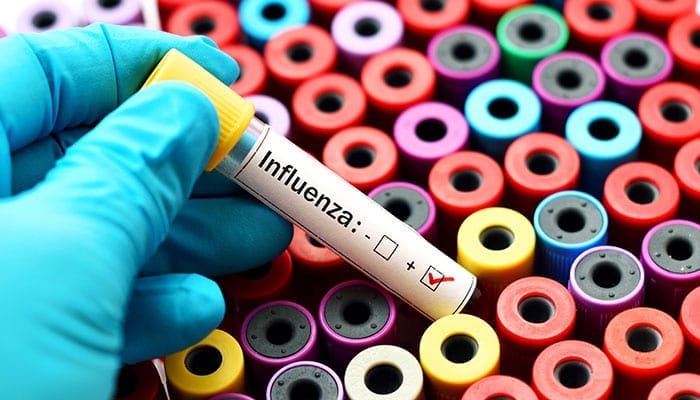The U.S. Centers for Disease Control and Prevention is seeking a vendor who can obtain anonymous pre- and post-immunization sera from specified age-groups of Europeans.
The study must be conducted in a European country using EMA-licensed quadrivalent inactivated influenza vaccine. These sera will be used for vaccine strain selection purposes among WHO Collaborating Centers around the world.
Background
The seasonal influenza vaccine requires frequent updates due to the constant evolution of influenza viruses resulting in antigenic drift. As a World Health Organization Collaborating Centers (WHO CCs) for Reference and Research on Influenza and a member of the Global Influenza Surveillance Network, the CDC closely monitors the genetic and antigenic evolution of circulating influenza viruses.
The five WHO CCs meet twice each year for the Vaccine Consultation Meeting (VCM) to review and evaluate surveillance data to facilitate the decision-making process to make recommendations regarding the vaccine virus components for the upcoming season’s influenza vaccine. The VCM is held every February for the northern hemisphere and every September for the southern hemisphere. Epidemiological, genetic, and antigenic as well as serological data are critical in guiding vaccine recommendations.
Use of human sera from vaccinated persons to evaluate antigenic drift of circulating viruses constitutes an important data component to inform the WHO vaccine virus selection decision-making process. There is an urgent need to identify a source of such panels from the European Union (EU).
Previously, panels were made available by EU manufacturers that were required by the European Medicines Agency (EMA) to perform small clinical trials prior to annual licensure of Northern Hemisphere vaccines. This was arranged through the National Institute for Biological Standards and Controls (NIBSC) in the United Kingdom.
The requirement for annual clinical trials in the EU no longer exists and EU manufacturers will no longer support studies to produce sera. Panels of pre- and post- vaccination sera, ideally from pediatric, adult, and older adult populations are needed to be distributed to WHO CCs and ERLs and regulatory tested by HI and neutralization assays for reactivity against the vaccine and circulating influenza A and B viruses.
Contract Details
This contract is for the provision of anonymous pediatric, adult, and older adult serum samples from a population in Europe, with each individual providing blood prior to administration of the current, EMA-licensed quadrivalent, seasonal, killed virus, influenza vaccine (S1) and again three to four weeks after immunization (S2).
Pediatric populations are immunized with two doses of influenza vaccine therefore S2 blood will be collected three to four weeks after the second dose of influenza vaccine. Serum samples will be tested for vaccine-induced antibodies in order to determine if the current influenza vaccine strains induce protective levels of antibodies against newly circulating influenza virus strains.
The parties the project involves includes USG (CDC), vendor, IRB Board that will approve vendor’s document, and potential subcontractor.
The place of performance includes any EU Member State and/or European Economic Area (EEA) that has approved the use of the inactivated quadrivalent influenza vaccine licensed by the EMA, the agency responsible for the scientific evaluation, supervision, and safety monitoring of medicines in the European Union (EU).
Base contract will have a period of performance of 365 days (June 11th, 2018 – June 10th, 2019). Each additional option year (total of 4 options) will have a period of performance of 364 days, for a total of 5 years.
Additional requirements are detailed via Solicitation Number: 2018-N-67642.
Source: FBO.gov


